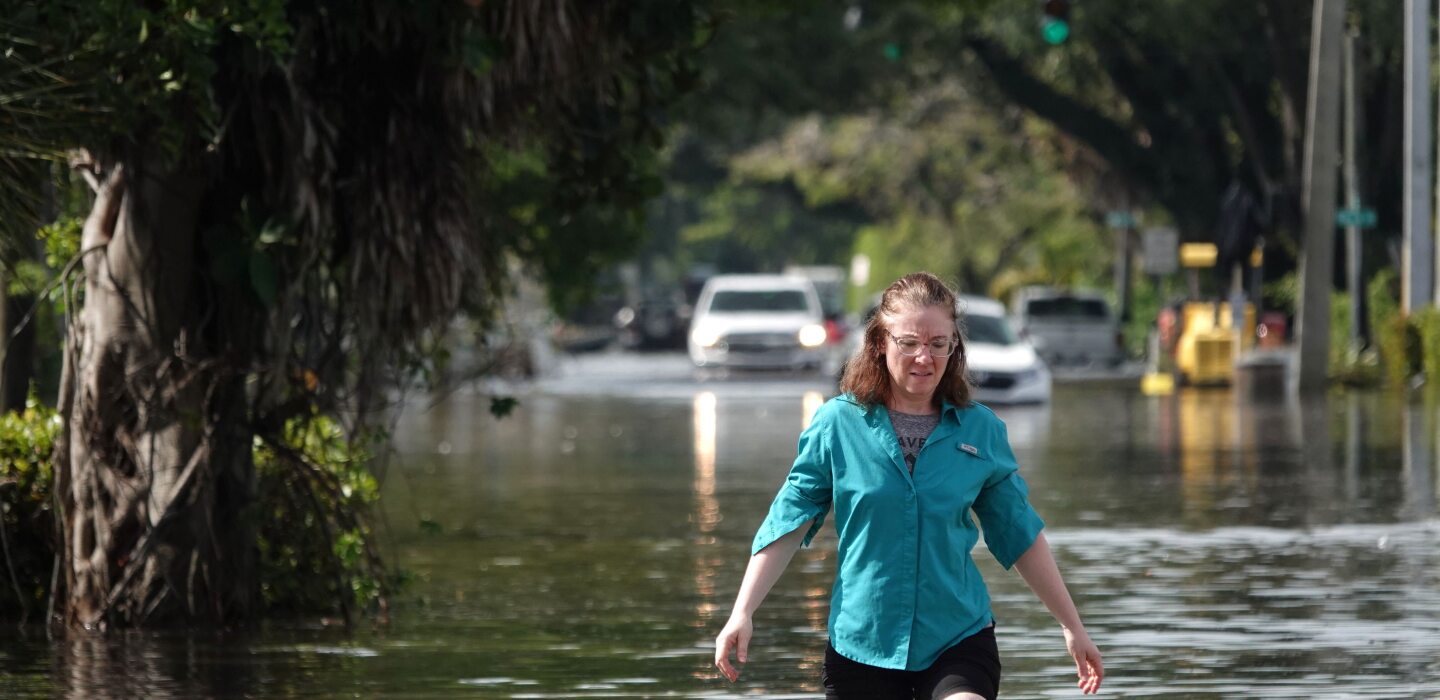
Flood Insurance Rates Will Double for Some Floridians
(TNS) – In a state already being crushed by high insurance premiums, here’s more bad news: Floridians are going to be paying a lot more for flood insurance.
Under new federal estimates released this week, Floridians will see their federal flood insurance premiums double, on average, in the coming years.
For Pinellas County homeowners, National Flood Insurance Program premiums are expected to rise 112%, from $1,537 to $3,257. Hillsborough County homeowners should brace for 125% increases, from $1,132 to $2,549.
There is a sliver of good news: rate increases are capped at 18% per year for renewing policyholders. And for some, their premiums will go down.
The increases are part of a new flood insurance methodology by the Federal Emergency Management Agency, which runs the flood insurance program.
For decades, the program’s methodology for calculating premiums was unfair, federal officials say, resulting in owners of lower-cost homes subsidizing higher-cost homes.
The new methodology, known as Risk Rating 2.0, incorporates more flooding variables and better reflects a property’s actual flood risk, according to FEMA. Policies that have renewed since April 1 have already moved to the new methodology.
“This newer system means lower-cost homes will no longer absorb the costs to repair more expensive homes as flooding becomes more frequent and severe,” FEMA’s senior executive of the National Flood Insurance Program David Maurstad wrote in the Tampa Bay Times in 2021.
About 15% of homeowners in Pinellas and Hillsborough counties will see their premiums go down or not change, the data shows. Most (62%) in Hillsborough County will see increases of $10 or less per month. About 46% in Pinellas will see increases of $10 or less per month.
In Pasco County, 23% will see premiums decrease or not change. On average, premiums in the county will increase 60%.
Florida’s U.S. senators have been critical of the new ratings methodology. Sen. Marco Rubio has tried to delay its implementation. Sen. Rick Scott said he has introduced legislation to allow more companies to offer flood insurance and require FEMA to disclose its models and data used to calculate flood risk and premiums.
Scott said in a statement Wednesday that the new ratings system “is unsustainable and unaffordable for Florida families.” Currently, Florida pays more into the flood insurance system than is paid out, he said.
“It makes no sense that residents of a donor state should see their premiums increase,” Scott said, adding that he would reintroduce the legislation.
For the roughly 600,000 Floridians with single-family homes covered by federal flood insurance — the most of any state — the new methodology projects rates rising 104% on average, from $888 to $1,808.
Two Tampa Bay ZIP codes are among the 10 in Florida facing the highest increases.
In the 33621 ZIP code, which includes MacDill Air Force Base, the roughly 560 homeowners could see 406% increases, from $612 to $3,093.
The 845 homeowners in the 33715 ZIP code, which includes Tierra Verde, could see 413% increases, from $1,170 to $6,003.
Floridians are already paying the highest homeowners insurance premiums in the nation. Auto insurance premiums are consistently in the top five most expensive in the nation.
The new flood premiums could have a significant effect on homeowners with state-run Citizens Property Insurance policies. Last year, state lawmakers required all homeowners with Citizens policies to also have flood insurance by 2027.
Anyone seeking a new flood insurance policy would have to immediately pay the higher Risk Rating 2.0 premiums.
Times staff writer Ian Hodgson contributed to this report.
©2023 Tampa Bay Times. Visit tampabay.com. Distributed by Tribune Content Agency, LLC.


Average Rating